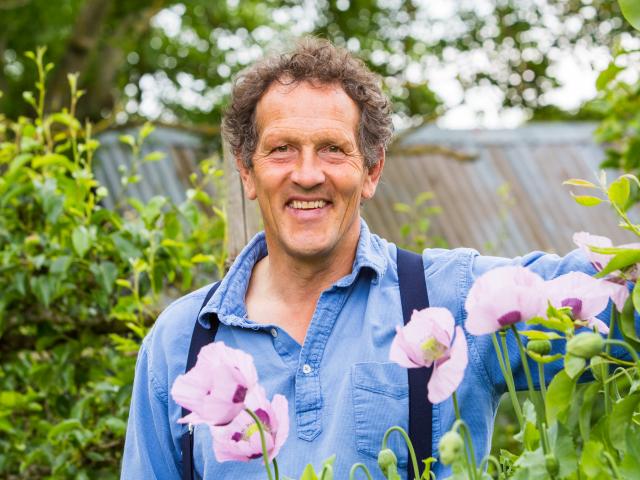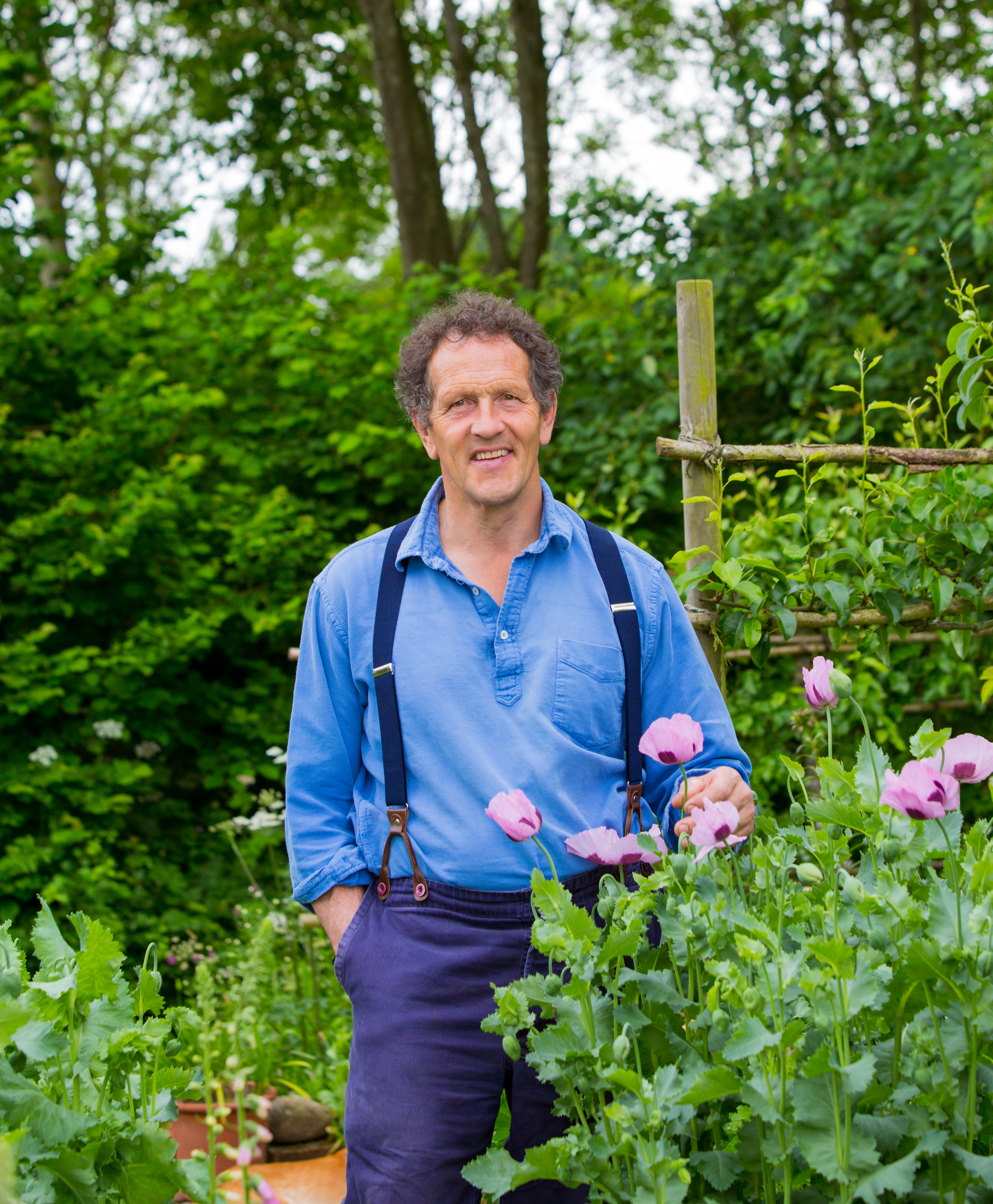Writer, Gardener and television presenter, Monty Don, has described using peat in your garden as an act of eco-vandalism. Read on to find out how and why you should garden without it…
As a growing medium peat has many virtues. It retains moisture well yet drains freely. It is cheap. But none of this justifies the loss of peat bogs caused by extraction for horticultural use. We are using peat at around 200 times the speed that it can reform and over 95% of British peat bogs, which are essential for a whole range of birds and plants, have been lost this century. It cannot ever be justified.
So what are the alternatives? A number of firms are making substantial efforts to get peat-free composts to the public.
I use a lot of coir, which I buy as compressed 'bricks' and soak to expand into a loose, fibrous potting medium. It is a waste-product from coconuts and as such is a form of recycling. But it produces good root structure, holds water well and is a good base for mixing your own compost. If you use coir, do not overwater. The surface of the container will dry out, but it holds water very well at root level.
Crushed bark is another source of compost and various firms are now making organic potting and seed composts from recycled waste and many local councils make very good garden compost which they deliver for a nominal charge.
DIY potting compost mix
No potting compost can match the complexity and range of micro-organisms in the soil that are essential to long-term plant health. But you can try and make your potting compost as good as possible by mixing in extra goodness and improving the drainage and ease of root development. I start with a measure of my own garden soil. This should always come from your own garden as it will have its own specific ecosystem. Also keep a supply of well-sieved garden compost in a bag and add a shovel or two to each mix. Finally invest in some bags of horticultural grit and add this liberally to ensure good drainage and a free root-run for the growing plants.
There will be a few weeds that appear but they are very easy to remove. Most importantly your plants will be healthy and specifically adapted for your soil from the first day. It is important to always use fresh potting compost for every new planting as even though used compost might look perfectly good, most if not all of the nutrients will have been used up. Recycle the used compost by spreading it on a border or your compost heap.

Monty Don
Visit my website
Follow me on Twitter @TheMontyDon
Sign up to be a soil warrior


